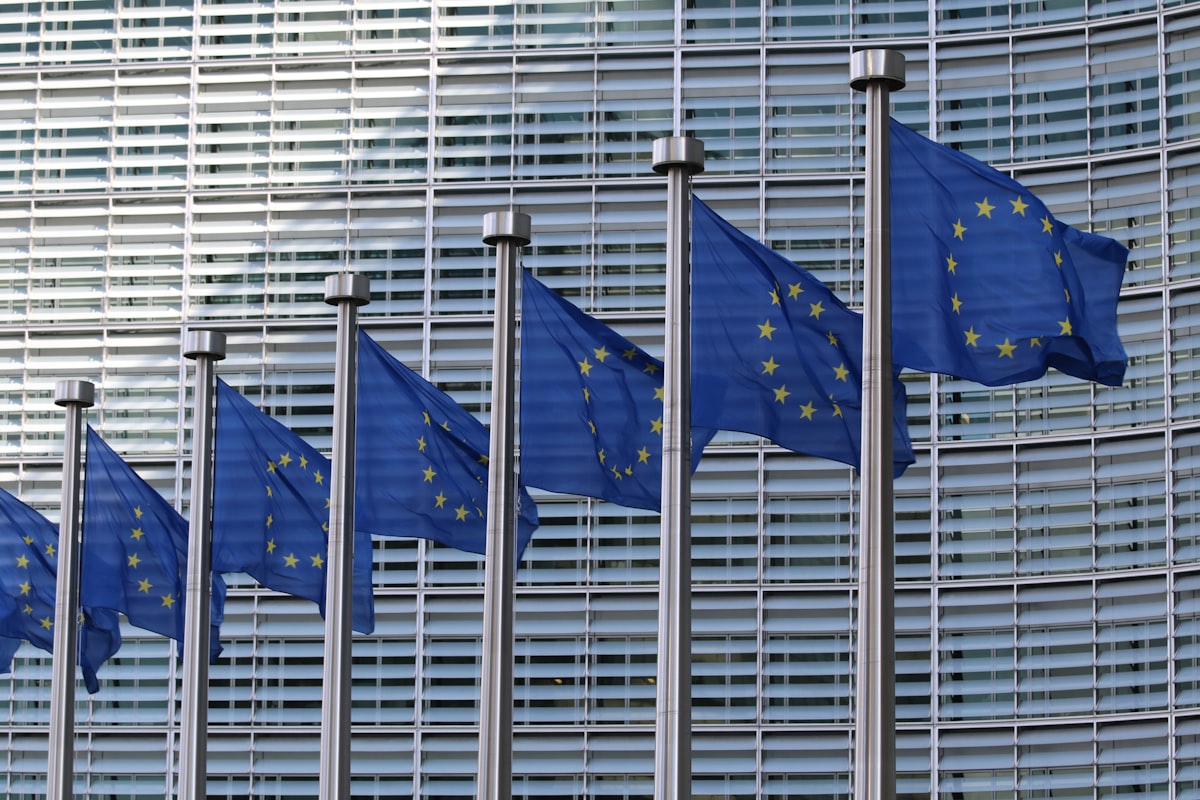EU Emphasizes Alignment of Virtual Worlds with European Values and Consumer Protection
Recognizing the vast economic, employment, and educational opportunities offered by virtual worlds, the MEPs also highlighted concerns.

The European Parliament, through its Internal Market and Consumer Protection committee, has taken significant steps to address the opportunities and risks presented by virtual worlds. In a recent draft own-initiative report, MEPs deliberated on the transformative potential of virtual environments and the imperative need to align them with EU values and fundamental rights.
Virtual worlds, characterized by persistent and immersive 3D environments under the umbrella of extended reality (XR) technologies, have the capacity to revolutionize daily life. The MEPs stressed the need for legislative evaluation and potential new regulations to ensure consistency with existing digital rules and to guarantee the highest level of consumer protection.
With the development of virtual worlds largely led by non-EU companies, MEPs advocated for the European Union to assume a proactive role in shaping these environments. They emphasized the importance of upholding EU values, fundamental rights, and the promotion of consumer protection standards. This would entail fostering a competitive environment for EU businesses, establishing an appropriate policy framework, engaging in international dialogues, and promoting responsible usage awareness among citizens.
Recognizing the vast economic, employment, and educational opportunities offered by virtual worlds, the MEPs also highlighted concerns. These concerns revolve around potential health issues, including addiction and its impact on cognitive development, sensitive data processing, intellectual property rights, cyber violence, financial fraud, and environmental implications.
To mitigate these risks, the report proposed several measures such as implementing safe design, parental controls, digital literacy programs, and enhancing accessibility for persons with disabilities.
Pablo Arias Echeverría (EPP, ES) emphasized the urgency for Europe to lead this digital revolution. He stressed the necessity of establishing a robust foundation built upon EU digital rules, values, and guiding principles to ensure that citizens remain at the center of this transformative digital future.
The Commission's strategy on Web 4.0 and virtual worlds, unveiled on July 11, 2023, aimed to steer this technological transition and create an open and secure digital environment for EU citizens, businesses, and public administrations.
The European Parliament's proactive stance underscores the importance of addressing both the opportunities and risks posed by virtual worlds to safeguard EU values, consumer protection, and citizens' well-being in this evolving digital landscape.




